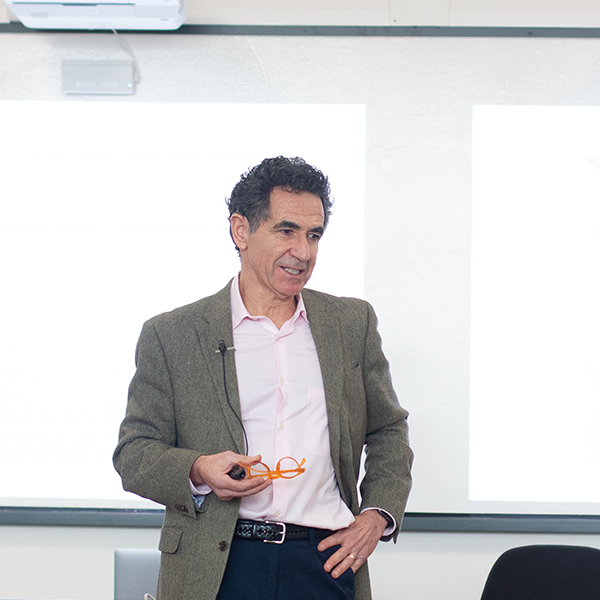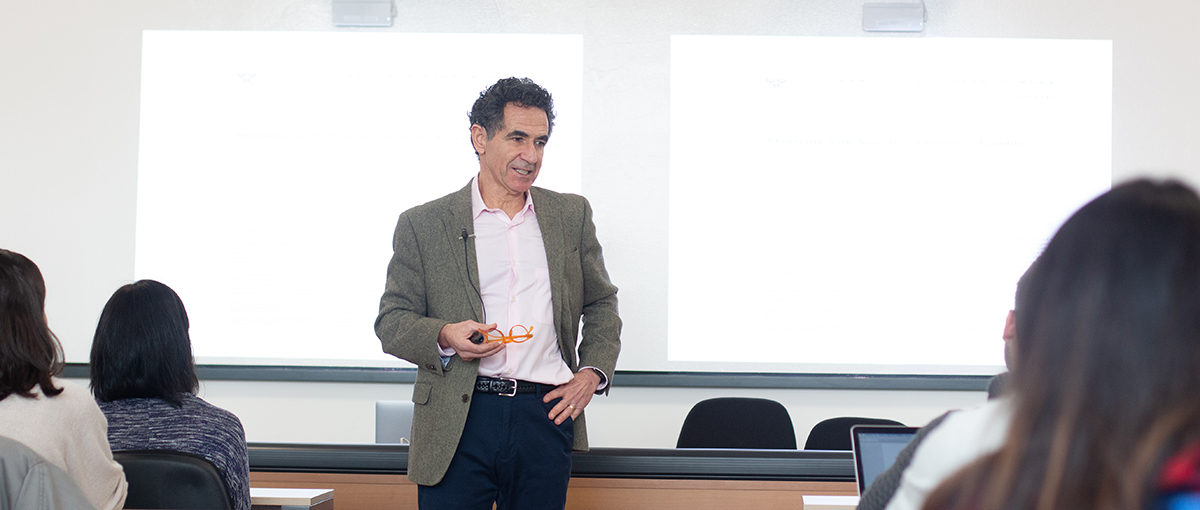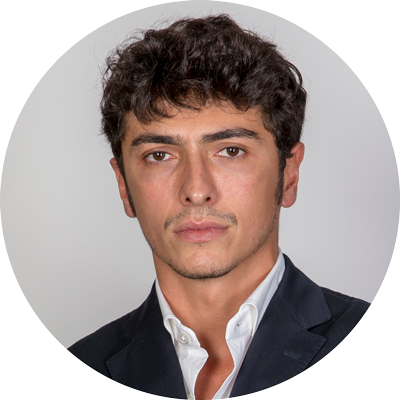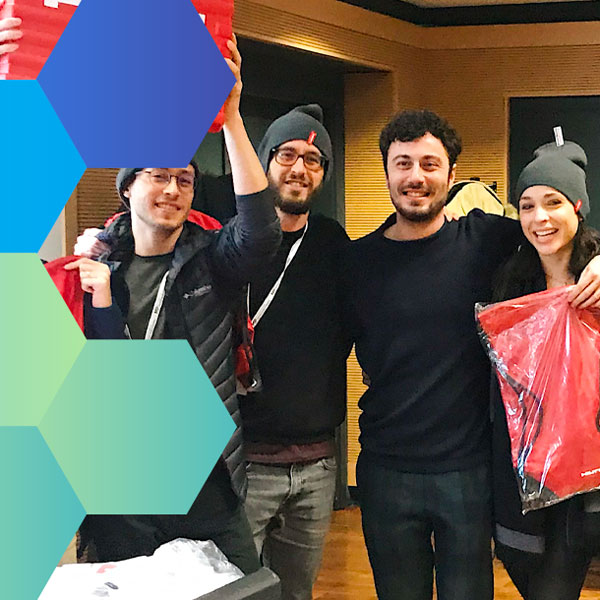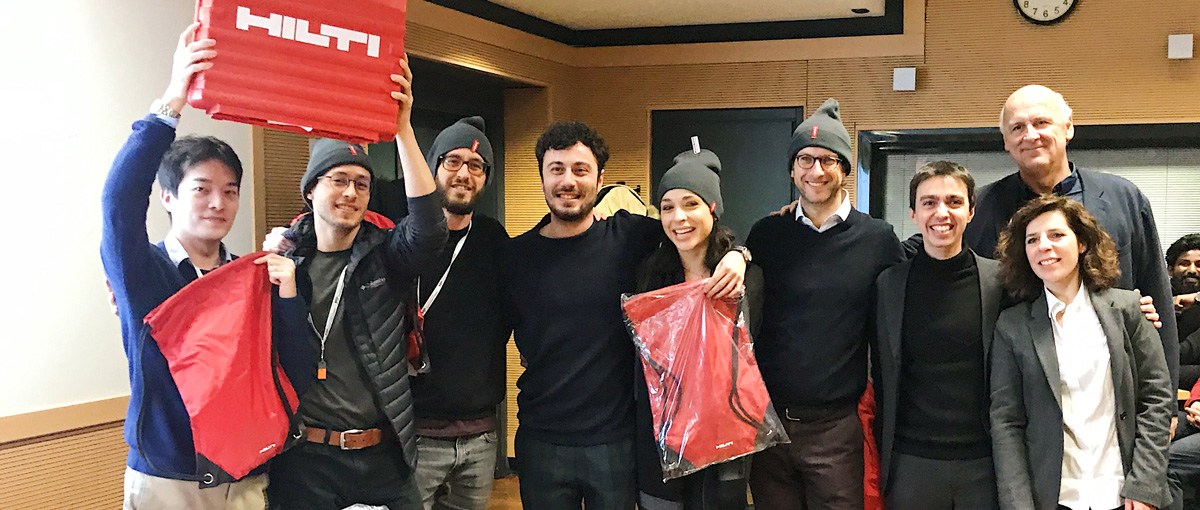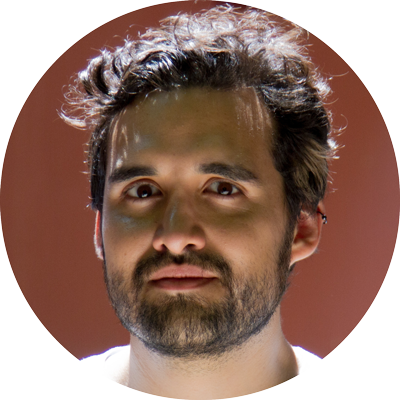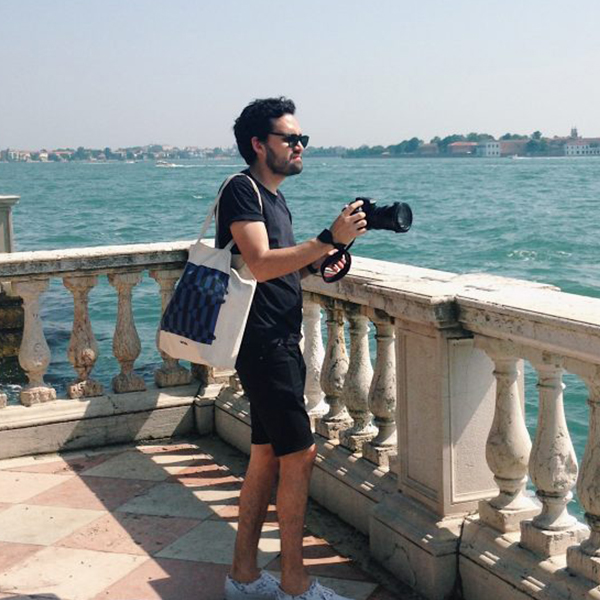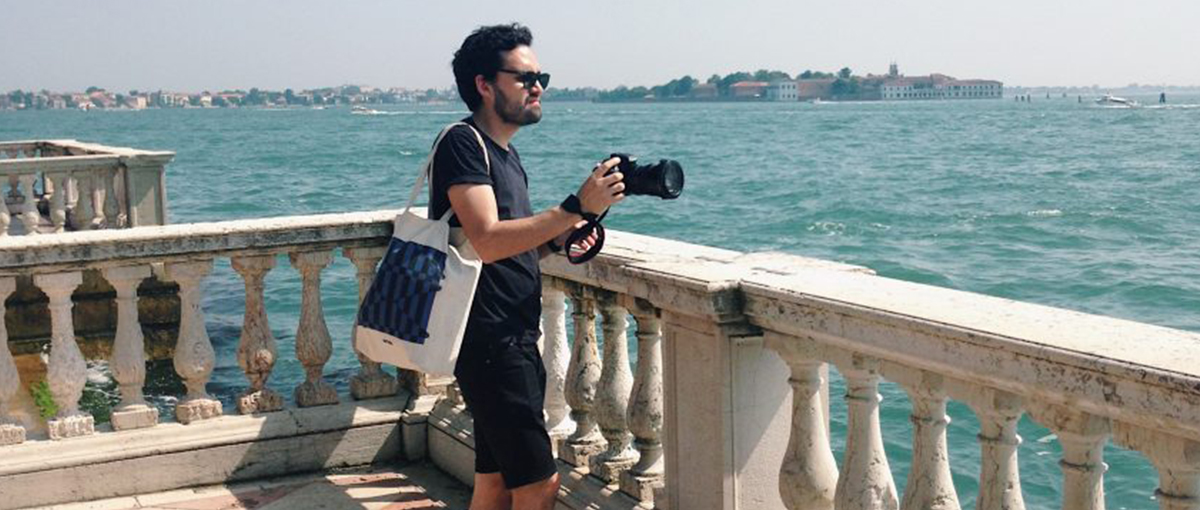 Once upon a time, there were bankers. There were, and there still are, but in the last twenty years, their work has become more complex. The exponential increase in derivatives (complex financial instruments) starting from 2000 and up to the 2008 financial crisis, joined with a new regulatory approach that led to a more open market, revolutionized the world of finance, giving life to a scenario for which the rules and the models, more than a decade later, still aren’t completely clear.
Once upon a time, there were bankers. There were, and there still are, but in the last twenty years, their work has become more complex. The exponential increase in derivatives (complex financial instruments) starting from 2000 and up to the 2008 financial crisis, joined with a new regulatory approach that led to a more open market, revolutionized the world of finance, giving life to a scenario for which the rules and the models, more than a decade later, still aren’t completely clear.
Data at the centre
It’s in this context that the tools of quantitative finance were imposed: «Risk management and fintech are the response we have developed to face the legacy of the crisis», explained Professor Emilio Barucci introducing the tenth edition of the executive programme in quantitative finance, of which he is director, which will get underway in November 2019 at the School of Management at Politecnico di Milano.
According to Aldo Nassigh, vice president of Unicredit, «the crack of Lehman Brothers is comparable to the French Revolution. It put an end to a paradigm, but we haven’t yet entered the new one. Certainly, however, we can see a trend towards plain vanilla products (standard, simple and linear trades): portfolio volumes are growing, encompassing tens of thousands of derivatives that are individually simple, but put together generate enormous complexity». Nassigh then goes on to specify that the modus operandi of banks is very different from that of fintech companies, and it’s important not to confuse the two strategies: «Banks aren’t data driven, but their activity starts from models of portfolio enhancement, of risk evaluation, of pricing. Only later do they calibrate these models on the data».
Quantitative finance: professionals wanted
It’s clear, then, as Barucci says, that «the use of the quantitative tool, or rather mathematics and statistics applied to the financial sector, has become crucial». And this has translated into new work opportunities, that cover a wider range of positions than normally thought. As Barucci illustrates, the main areas are four: «portfolio management, evaluation of financial products, trading and risk management».
Although these areas are growing strongly, today we still see a lack of adequately trained personnel: «We need numerous quantitative professionals in the financial sector, but we have a hard time finding them», admits Luigi Terzi, head of market risk management at Banco BPM. «If the trader was once someone who tried to interpret market sentiment, today he can’t do without using algorithmic tools that mitigate the risk of certain transactions. But quantitative finance also is used at the sales desk, in financial engineering, in IT, in audit compliances: all areas where quantitative training is fundamental».
Consulting opportunities
Further confirmation of this trend comes from Gianni Pola, Senior portfolio manager at ANIMA Sgr: «The offices that handle discretional portfolio management, once “reserved” for economics graduates, today also hire people with a quantitative background».
The interest in professions of this sort doesn’t come only from banks, whether they be big or small, or groups dealing with asset management. «We are witnessing a gradual outsourcing of expertise on the part of large groups, a process that has greatly favoured the consulting market» explained Barucci. Antonio Castagna, managing partner of advisory firm Iason, is a direct witness of this: «Personally I’m convinced that the pricing model developed in recent years has become mature. The positions we are looking to fill today I would describe as “functional”, that is able to make what already exists work. But, to be able to do this, the quantitative substratum remains essential».




 Respect for diversity as an important ethical issue, but also the inclusion of differences as a business lever. Cristina Rossi Lamastra, Professor of Business and Industrial Economics at the Politecnico di Milano Department of Management Engineering, has made diversity management one of her research subjects. Flanked by Mara Tanelli and Silvia Strada, professors with the Department of Electronics and Information at the Politecnico di Milano, and with the support of the linguist Cristina Mariotti, she is investigating the use of data analytic tools to reveal unconscious bias, gender stereotypes in corporate communications.
Respect for diversity as an important ethical issue, but also the inclusion of differences as a business lever. Cristina Rossi Lamastra, Professor of Business and Industrial Economics at the Politecnico di Milano Department of Management Engineering, has made diversity management one of her research subjects. Flanked by Mara Tanelli and Silvia Strada, professors with the Department of Electronics and Information at the Politecnico di Milano, and with the support of the linguist Cristina Mariotti, she is investigating the use of data analytic tools to reveal unconscious bias, gender stereotypes in corporate communications.